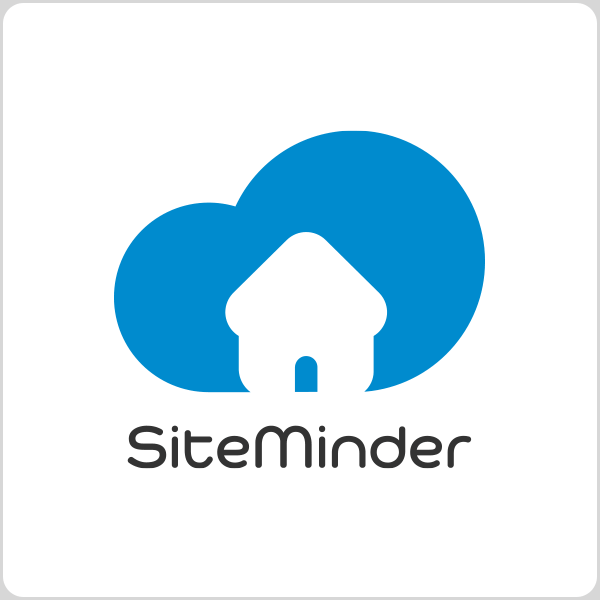The world is on the move. Tourist arrivals and spending on leisure tourism keep growing and experiencing one of the highest growth rates is South-East Asia.
Just this year, Thailand emerged as the only Asian country to be featured among the top 10 global destinations in the world, while, over the next 10 years, Kuala Lumpur is aiming to double its tourist arrivals to 16 million with the spend per visitor expected to increase significantly.
For accommodation providers located in the South-East Asian region, the environment has changed considerably over the last few years. Where occupancy was once driven largely by tour operators, it is now driven largely by the Internet economy and improved infrastructure on the ground, so leisure travellers today are more independent with free access to a multitude of resources to arrange their own travels. This change has opened up new, direct sales channels and created novel opportunities for hotel properties of all sizes, even in remote locations such as Ko Lipe Island in Thailand and the Gili Meno Island in Indonesia.
In the 1990s, the initial growth of online bookings within the South-East Asian region was largely driven by OTAs, which not only began providing properties direct bookings at a higher yield, but also a stronger identity in the market. As the industry recognises today, however, commission levels for third party bookings are generally quite high, making these sales channels rather expensive – and unaffordable for small hotels.
The ability for hotel properties to receive direct bookings through their own website, at a minimal cost, is a key success factor in today’s distribution jungle for all accommodation providers. For this reason, we at Globekey have provided a fixed fee online reservation solution to hotels around the world for the last 15 years, which we believe is the most effective way for properties of all sizes to capture guests directly and maximise the returns on reservation through their own brand.com website.
Today, more than ever, hotels need effective tools to help differentiate their direct offerings from other online sales channels. This includes giving their guests the ability to make bookings on mobile devices and through social media (namely Facebook), which might seem a given but hotels might be surprised with the number of online booking engines that do not cater for this.
For a hotel, differentiating its direct offerings from other online sales channels is not necessarily through price but by adding value to the booking process, through additional services such as including a drink voucher or offering room upgrades for reservations made through their own website. Capitalising on this 1:1 relationship to engage directly with guests, via email or social media – before, during and post their arrival – further helps hotels to build a level of trust.
Click to read full article: SiteMinder





